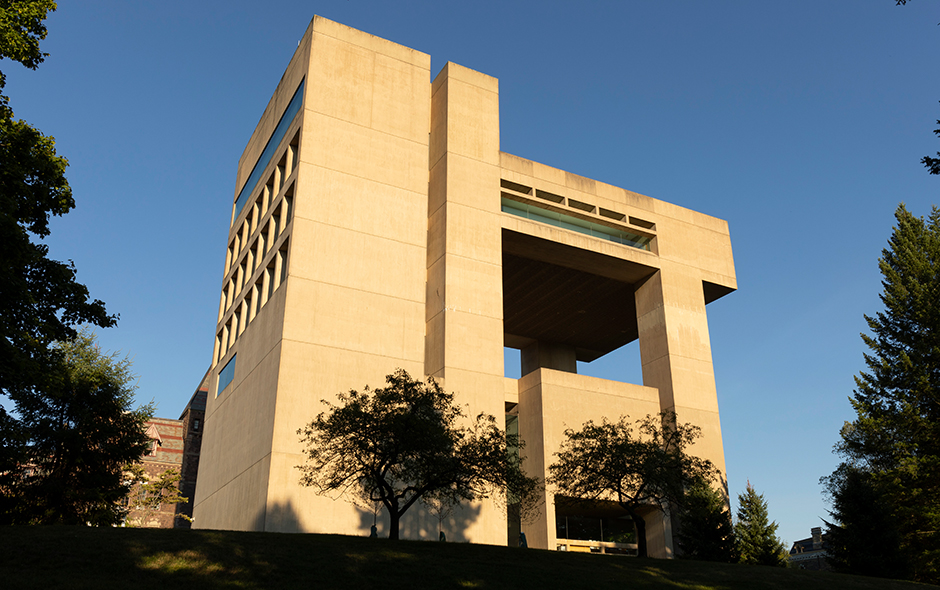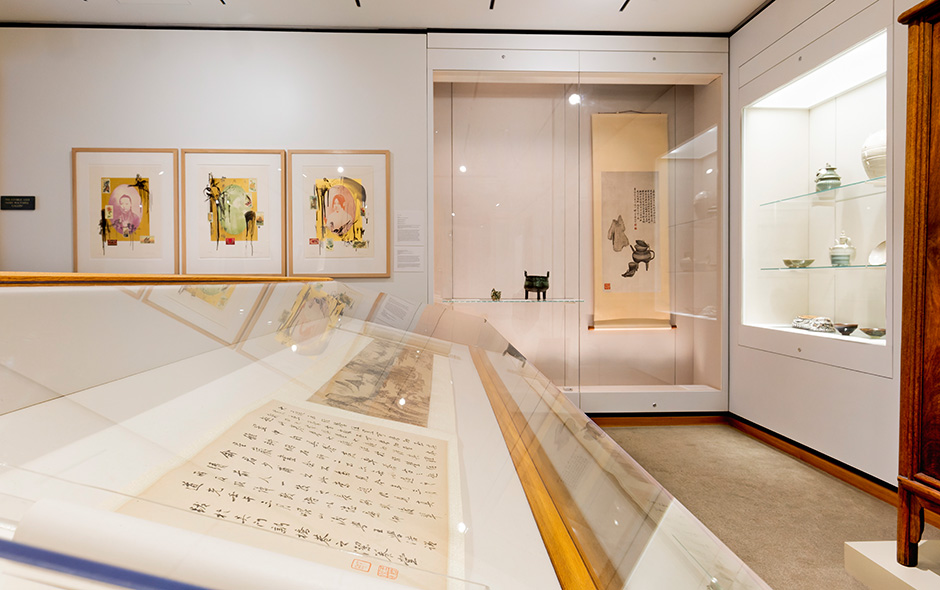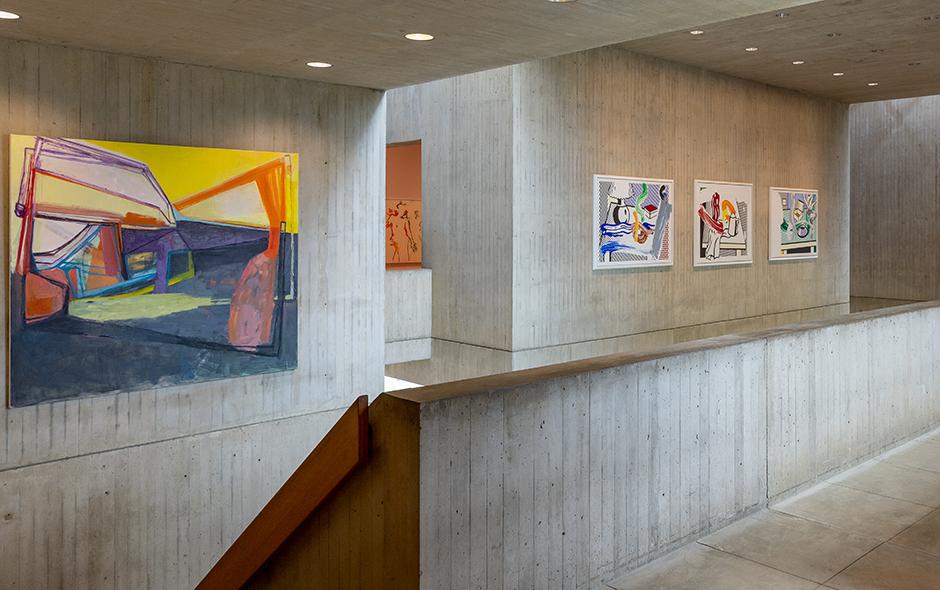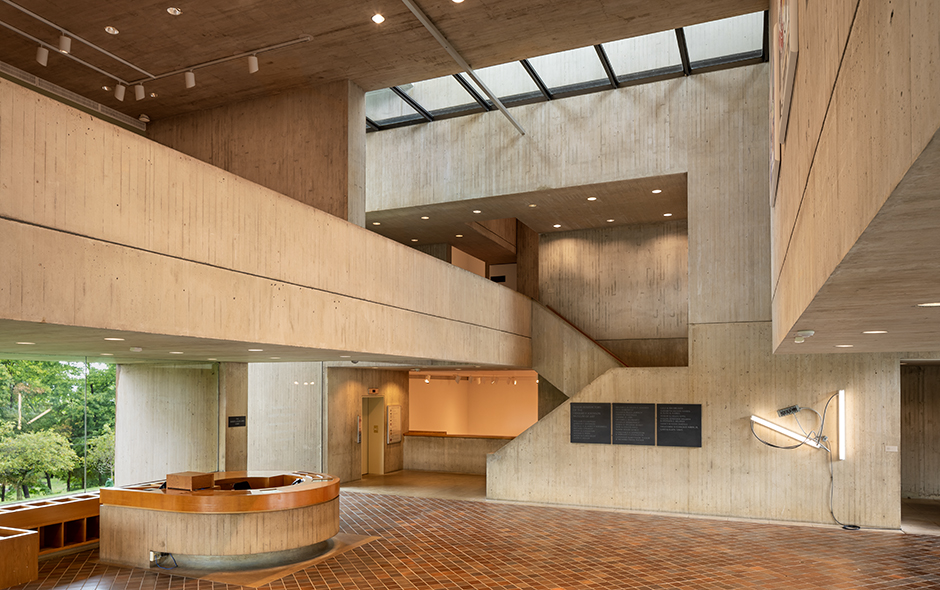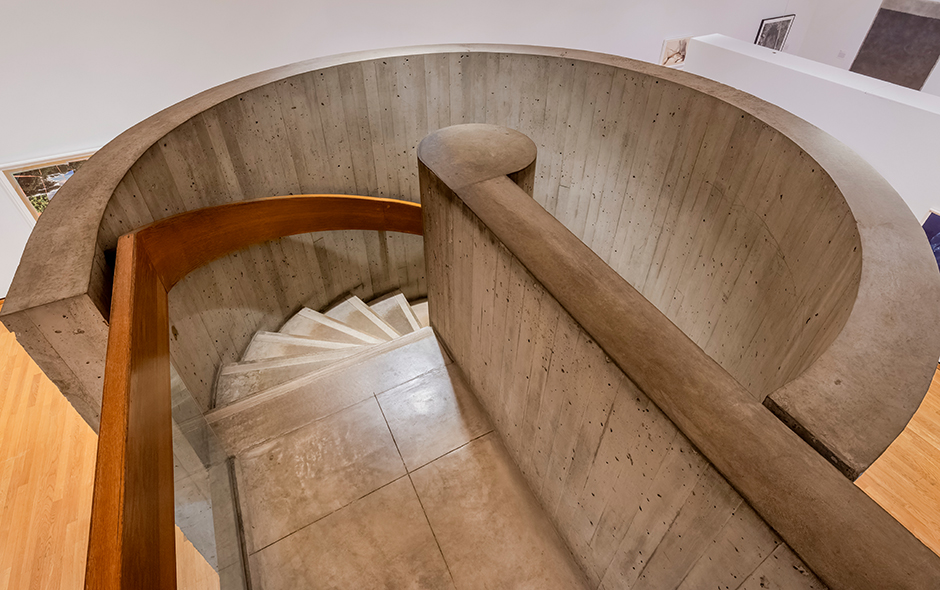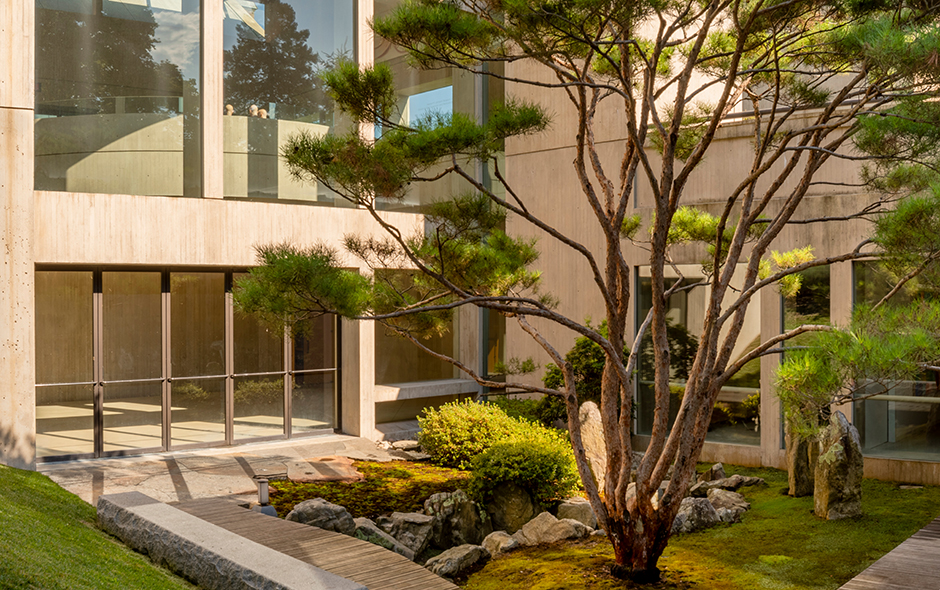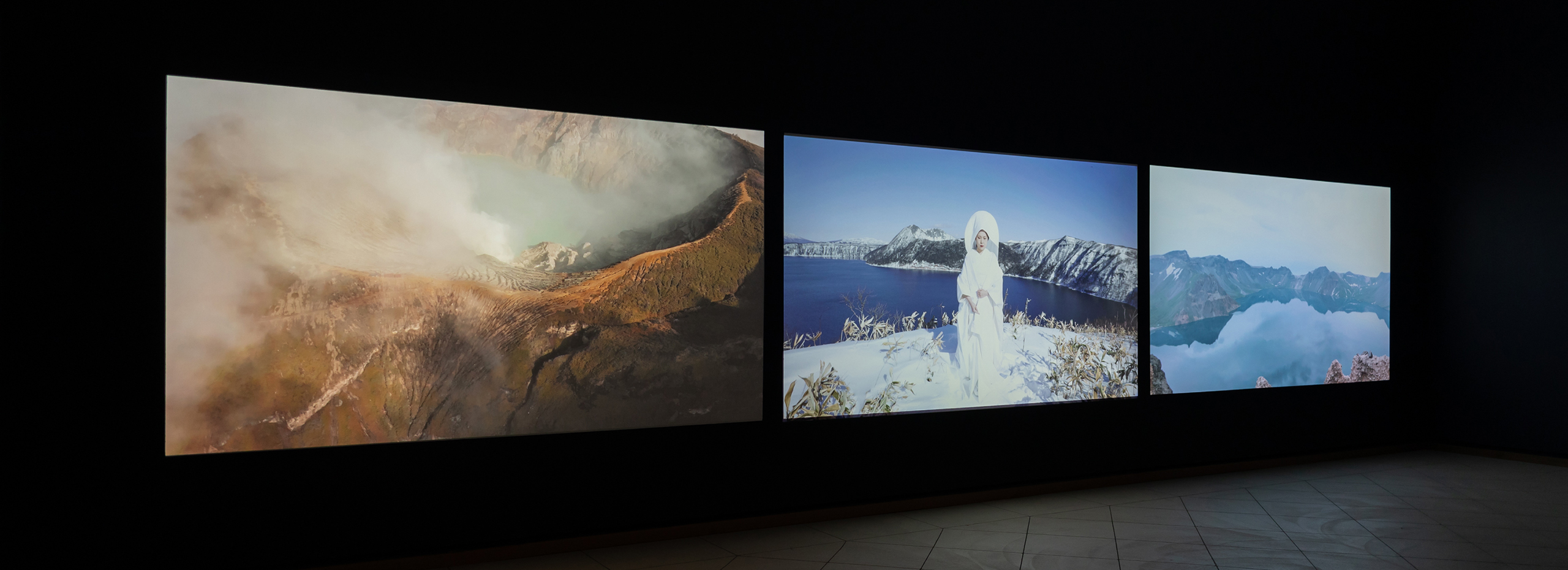
In the wing gallery, Floor 2L
From 1959 to 1984, more than ninety thousand Zainichi Koreans (ethnic Koreans resident in Japan) were repatriated by the Japanese and North Korean government to North Korea, a program of deportation that was couched as a humanitarian effort but was driven by Cold War politics. The so-called “returnees,” convinced they were moving to a “paradise on earth,” faced a harsh reality in North Korea that compelled some of them to defect. Those “ex-returnees” now living again in Japan hide the fact that they defected from North Korea due to fear of ongoing discrimination within the Zainichi community and worries for their relatives who remain in North Korea. Stigmatized as having been “brainwashed” by the totalitarian North Korean government, they live an invisible existence in Japan.
This exhibition is a collaborative effort of artists Soni Kum, Hiroki Yamamoto and Kazuya Takagawa, and Nobuaki Takekawa with curator Yumiko Okada that was first initiated from 2019 to 2020. Based on personal encounters with sixteen former “returnees” or their descendants, the three installations presented here artistically evoke the hidden stories of these former “returnees.”
Soni Kum’s three-channel video Morning Dew takes its title from a popular 1980 protest song by Kim Min-Gi. The song’s multiple interpretations, whether in the context of the artist’s having learned the song as a child in a Chongryon (North Korean) elementary school in Tokyo, or as part of the pro-democracy movement in South Korea in the 1980s, parallel the juxtapositions of historic film footage and live-acted scenes that the artist compiled to evoke the complicated emotions and experiences of former “returnees.” Without showing any of her interviews, the artist references violent abuses of power during Japan’s colonization of Korea, World War II, and the Korean War, as well as North Korean political propaganda, unsettling images of destruction, sweepingly beautiful landscapes, and footage of present-day Tokyo. Each of the seven sections of Morning Dew begins with a quote drawn from various sources including Aeschylus, Albert Camus, historian Bruce Cumings, Vladimir Lenin, an “ex-returnee” informant, and a Lakota Elder.
Hiroki Yamamoto and Kazuya Takagawa’s video Testimony explores the unusual dream of one “ex-returnee” and poses questions about how personal experience, memory, and the subconscious intertwine to envision the past.
The installation Tottori Korokoro (Rolling Acorns) documents artist Nobuaki Takekawa’s efforts to bring North Korean defector Myungjoo Kim from South Korea to Tottori, Japan, to see where her Zainichifather grew up before he was repatriated. Through the collaborative making of pottery, memories were shared, and connections made across generations and cultures.
A symposium with the artists took place at the Johnson Museum on March 25, 2023.
The project was made possible by generous financial support from a Kawamura Arts and Cultural Foundation, Socially Engaged Art Support Grant, and from the Pola Art Foundation.
Special thanks go to Brett de Bary, Professor Emerita in the Department of Asian Studies at Cornell, and Rebecca Jennison, Professor Emerita at Kyoto Seika University, for their efforts to bring this project to Cornell. The exhibition was curated by Ellen Avril, chief curator and the Judith H. Stoikov Curator of Asian Art, and supported in part by the Jarett F. Wait, Class of 1980, and Younghee Kim-Wait Endowment for Korean Arts at the Johnson Museum. The exhibition and symposium are supported by a grant from the Cornell Council for the Arts and cosponsored by the East Asia Program of the Mario Einaudi Center for International Studies.
A documentary funded by the Cornell Council on the Arts about the exhibition was produced by Shania Gumbac Bravo ’23 and Shuqian Lyu ’25 and is available on Global Cornell’s YouTube channel.



